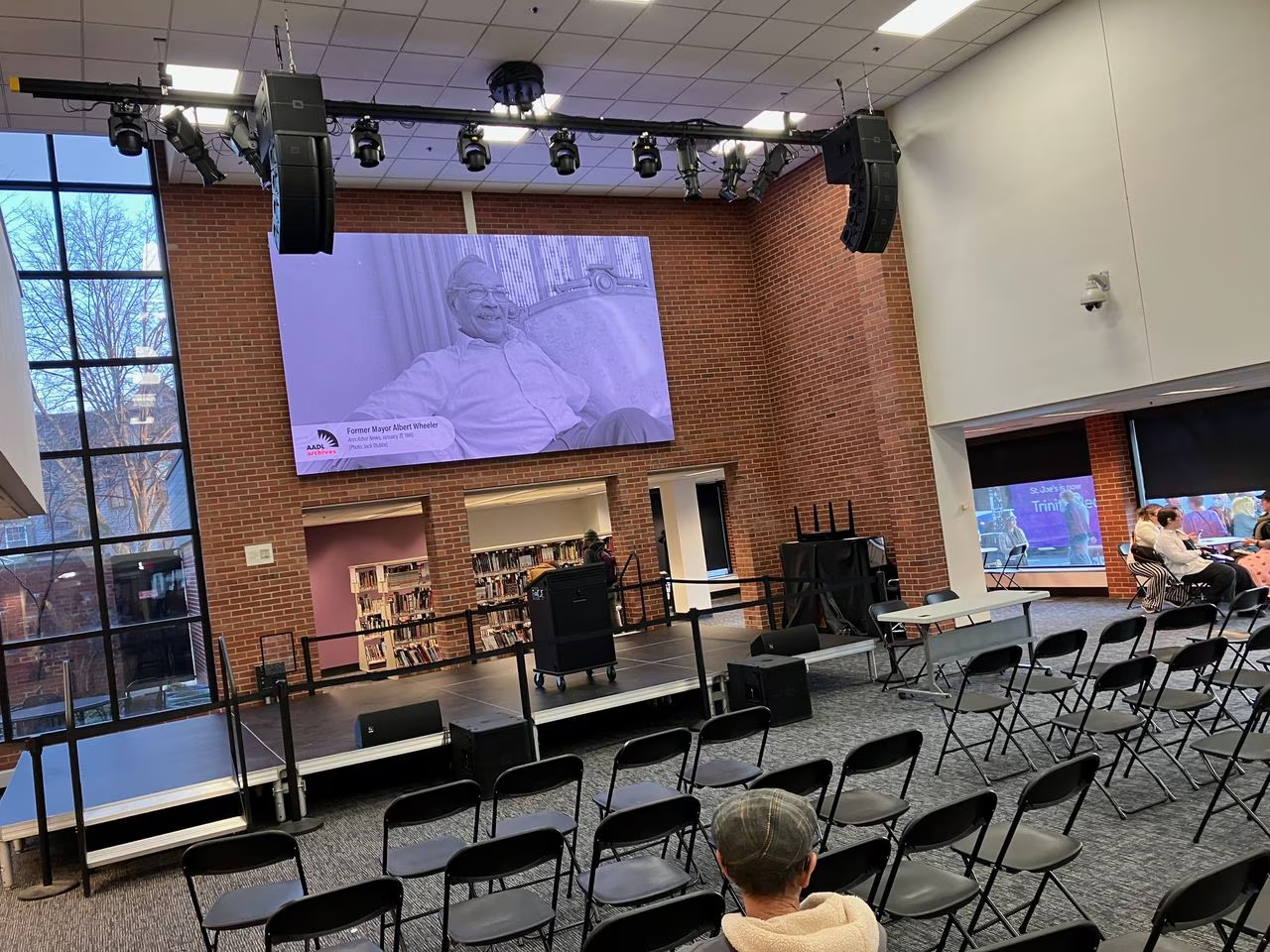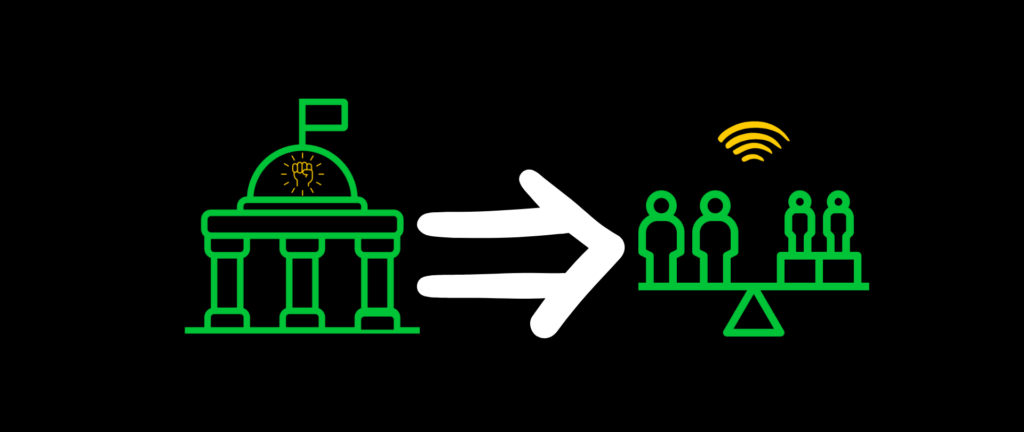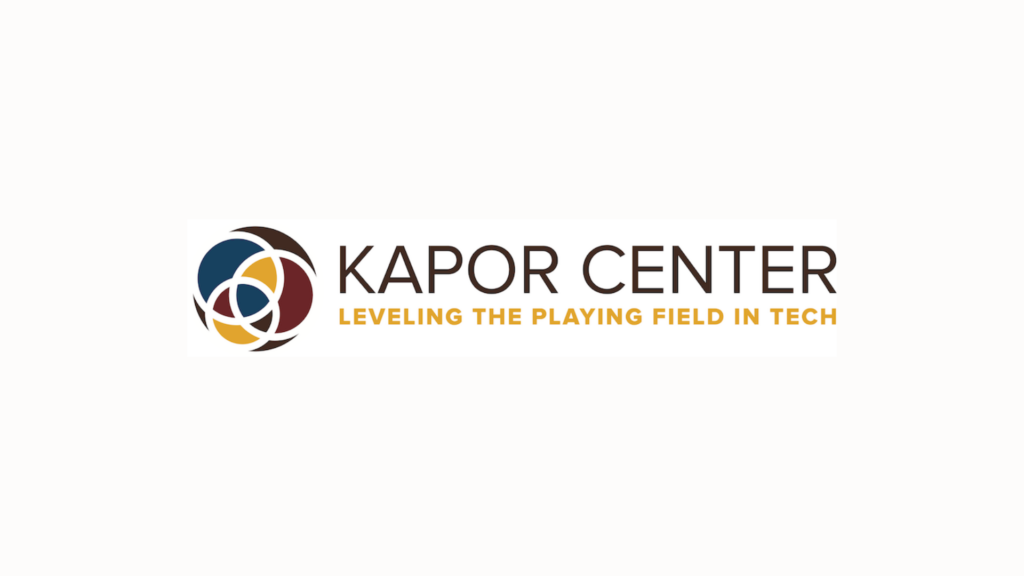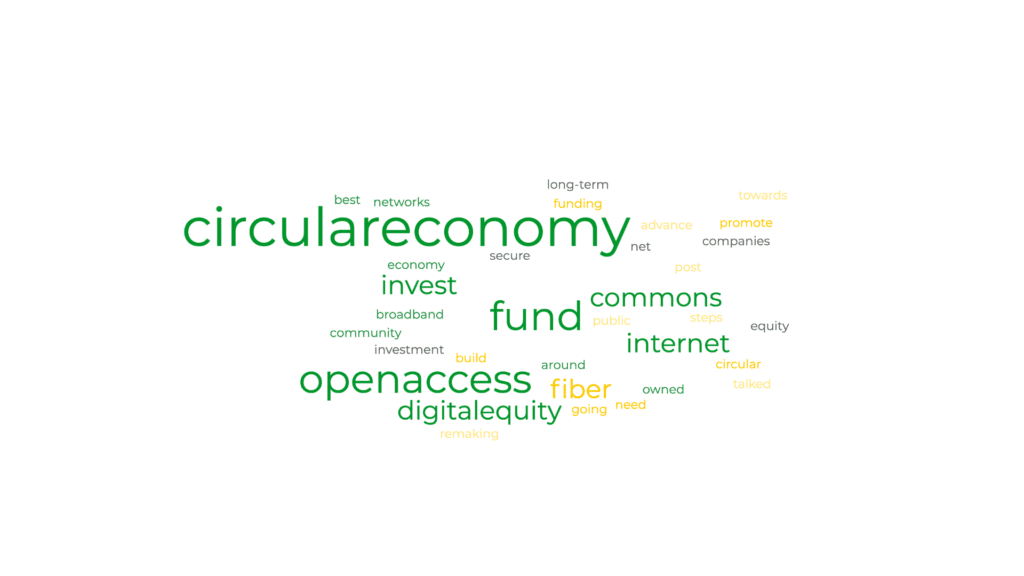Empowering Communities: Libraries Fueling Local Circular Economies

Ann Arbor Public Library Event Space, Photo: Albert Wheeler, the city’s first and only African American mayor (1975-78)
Libraries have long been known as centers of knowledge and learning, but their impact on communities goes far beyond books and information. In recent years, libraries have emerged as catalysts for local circular economies, empowering communities and building sustainable futures. By leading initiatives and serving as hubs for circular economies, libraries are playing a vital role in creating a more resilient and environmentally friendly society.
Libraries: Catalysts for Local Circular Economies
Libraries have always been places where people come together to learn, explore, and connect. With the rise of the circular economy movement, libraries have embraced their role as catalysts for local circular economies. By providing resources and information on sustainable practices, libraries are empowering individuals and businesses to adopt circular practices in their daily lives. From hosting workshops on upcycling and repair to offering access to tools and equipment for sharing and reusing, libraries are transforming themselves into vibrant hubs for circular economy activities.
Empowering Communities through Library-led Initiatives
Libraries have a unique ability to engage and empower communities, and they are leveraging this power to drive change and inspire action towards a circular economy. Through library-led initiatives, communities are encouraged to participate in activities such as seed libraries, tool libraries, and clothing swaps. These initiatives not only promote resource sharing and waste reduction but also foster a sense of community and empowerment. By providing access to resources and knowledge, libraries are enabling individuals to take control of their own sustainable futures and make a positive impact on their communities.
Building Sustainable Futures: Libraries as Hubs for Circular Economies
As the world faces the challenges of climate change and resource scarcity, libraries are stepping up to build sustainable futures. By serving as hubs for circular economies, libraries are creating spaces where individuals can come together to exchange ideas, learn new skills, and collaborate on innovative solutions. Libraries offer a wealth of resources, from books on sustainable living to maker spaces equipped with tools for repair and creation. With their commitment to accessibility and education, libraries are empowering communities to embrace circular practices and work towards a more sustainable and resilient future.
Libraries have always been the heart of communities, and now they are leading the way towards a circular economy. By embracing their role as catalysts for local circular economies, libraries are empowering communities, fostering collaboration, and building sustainable futures. As we look towards a more sustainable and resilient society, let us recognize the invaluable role that libraries play in fueling local circular economies and inspiring change. Together, we can create a world where waste is minimized, resources are shared, and communities thrive.
How will you approach your local libraries?
As you consider how you can promote digital equity by providing more members of your community with broadband Internet, be sure to reach out to library leaders as community stakeholders in your planning and grant proposals.







Responses